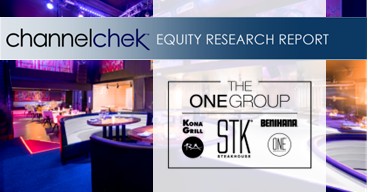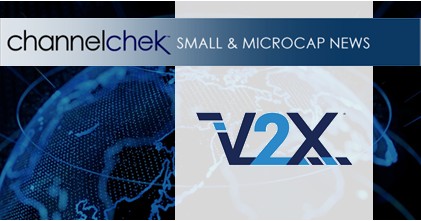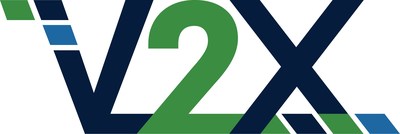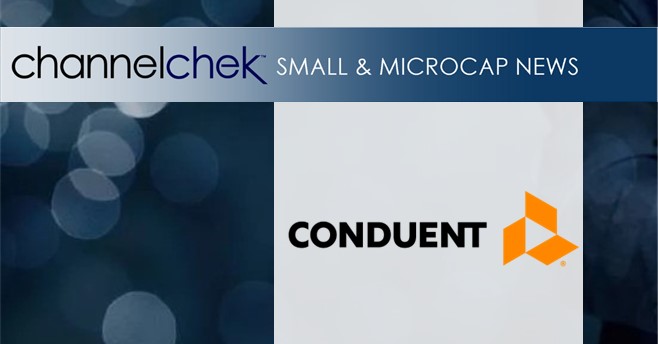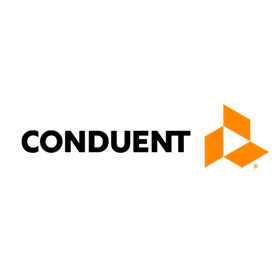With a pivotal government jobs report missing due to a shutdown, the Federal Reserve faces an unusual challenge: steering monetary policy without its most relied-upon labor data. For small cap investors, these developments could signal both opportunity and risk in the months ahead.
Traditionally, the monthly nonfarm payrolls report serves as a critical guidepost for Federal Reserve officials setting interest rates. This month, that data’s absence leaves policymakers “flying blind,” navigating with only private sector and anecdotal sources. Despite this, markets remain confident that Fed rate cuts are still on the horizon. Traders currently price in a 97% chance of a quarter-point cut to 3.75–4% at the upcoming October meeting, with another probable reduction at the year’s end.
Without federal data, Fed officials are turning to private sources. ADP’s recent payroll report showed a surprising 32,000 job decline for September, while the Indeed Job Postings Index revealed a cooling labor market, with overall postings down 2.5% month-over-month, though still above pre-pandemic levels by 2.9%. Banking and finance was the only sector to show growth in job postings year-over-year, suggesting broad-based weakness elsewhere.
Wage growth, tracked by the Indeed Wage Tracker, has also lagged behind inflation in recent months, underscoring ongoing stagnation in the labor market. Layoff announcements reflect a mixed picture: Challenger, Gray & Christmas reported 54,064 planned job cuts in September—a 37% drop from August—but overall layoff plans for Q3 are at their highest since 2020, possibly breaching one million for the year.
The lack of official jobs data has heightened uncertainty within the Federal Reserve. “Reliable federal data, especially related to price levels and inflation, is hard to replace,” said Cory Stahle, senior economist at Indeed, emphasizing the difficulty policymakers face in making informed decisions in uncertain times.
Policymaker opinion is split. Some, like Kansas City Fed president Jeff Schmid and Chicago Fed president Austan Goolsbee, advocate caution, supporting one rate cut now but warning against aggressive easing that could stoke inflation risks. Conversely, Fed governor Michelle Bowman sees the central bank “at serious risk of being behind the curve” and suggests a more forceful response to what she calls a “deteriorating labor market.” Fed governor Stephen Miran even called for five additional cuts this year.
For small cap investors, these crosscurrents create a dynamic environment. The expected rate cuts could ease borrowing costs and fuel risk appetite, aiding smaller companies that depend on credit and consumer demand. However, if labor market weakness deepens or inflation stays stubbornly high, downside volatility could increase.
Private estimates suggest the government’s jobs tally for September would have been modest—workforce intelligence firm Revelio Labs forecasts a gain of 60,000 jobs, while economists estimate around 50,000, with the unemployment rate holding steady at 4.3%. This reinforces views of a slow recovery, not a robust rebound, and calls for careful positioning in sectors with demonstrated resilience.



